The university announced last Thursday that tenured political science professor John McAdams will be suspended through the fall 2016 semester without pay, but will receive benefits. Marquette also demanded that McAdams admits his Nov. 9, 2014 blog post was “reckless and incompatible with the mission and values of Marquette as well as express deep regret for the harm suffered by former graduate student and instructor Ms. Abbate.”
McAdams responded with a blog post stating he would not apologize for the 2014 incident. And so the Marquette and McAdams controversy ensues. But McAdams isn’t entirely to blame. Marquette made a disappointing announcement illustrating weakness on the university’s part in handling the 2014 dispute.
McAdams published on his blog “Marquette Warrior” detailing a disagreement between former teaching assistant Cheryl Abbate and a student. In December, the College of Arts and Sciences announced that McAdams would be suspended with pay while Marquette reviewed the situation. The review during the spring semester carried over into the fall and last week. A decision was made and communicated to certain university affiliates.
Lovell made his announcement to staff and faculty when the majority of the Marquette community was probably not paying attention: during spring break, March Madness and leading up to Easter. So much for transparency, Marquette.
The university’s stance lacks consistency. Originally, Marquette said it would begin the process to dismiss McAdams from faculty and have since taken back previous statements saying he can return to Marquette, under certain guidelines. If carrying out the process of dismissing McAdams was really what Marquette wanted to do, it should have carried through, rather than changing their decision. Given McAdams has said he will not apologize, it is likely that Marquette will face legal issues and further public scrutiny.
In addition, demanding an apology seems like a way for Marquette to hold their position and pride in spite of the weakness in their executive announcement about dismissing McAdams back in 2014. Going through the process to dismiss McAdams clearly would have repercussions, including possible legal action (which McAdams has said he will take) against Marquette. Yes, McAdams’ words in his blog post back in 2014 were cruel, but Marquette doesn’t need to mandate his recognition of wrongdoing or apology.
Consequence is clearly of no concern to McAdams. Whether he recognizes the words he used were harsh toward Ms. Abbate or not, it is clear that he believes Marquette’s immediate actions in 2014 – drawn out for over a year now – infringed on his right of free speech, especially what he wrote on his private blog. In retrospect, Marquette could have done a better job emphasizing from the beginning that the issue was McAdams aggressively calling out a student by name on the Internet rather than addressing the situation between Abbate and her student. In addition to making an executive decision to dismiss McAdams from university faculty, immediate investigation was necessary. The short-term convenience of addressing the issue and the immediate action may have seemed well-meaning at the time, but even the best intentions need redemption.
Unfortunately for both the university and McAdams, reconciliation for this dispute doesn’t seem to be coming any time soon. Asking McAdams to recognize his wrongdoing and to apologize only draws it out longer. Marquette must be aware that McAdams is not going to give in to their demands, and it should be prepared for legal action and additional public criticism.
Marquette needs to recognize that it cannot please everyone. The battles Marquette chose to fight (and people it chose to defend) are not consistent. In 2014, it defended Abbate and claimed it was going to begin the process of dismissing McAdams. In early 2015, it took down a mural after public scrutiny that came as a result of another McAdams’ blog post. This year Marquette took back their original decision to go through the process of dismissing McAdams and suspend him through the fall semester, so long as he apologizes.
The scariest thing about inconsistency and a lack of transparency among leaders is that it will carry over into the lives of students, professors and staff. The only reason that many people know about the announcement is a result of what the Marquette Wire published Mar. 24, or from other students talking about the issue.
Given what the entire Marquette community experienced because of the initial dispute and all events that transpired from it, one would expect Marquette to share that with all university affiliates, rather than faculty and staff. The way Marquette has handled this situation is disappointing because it does not set a good example for students or faculty in guiding us to handle our own disputes, unless we are okay making a seemingly steadfast decision and then not following through with it, or changing it (quietly) a few years later.

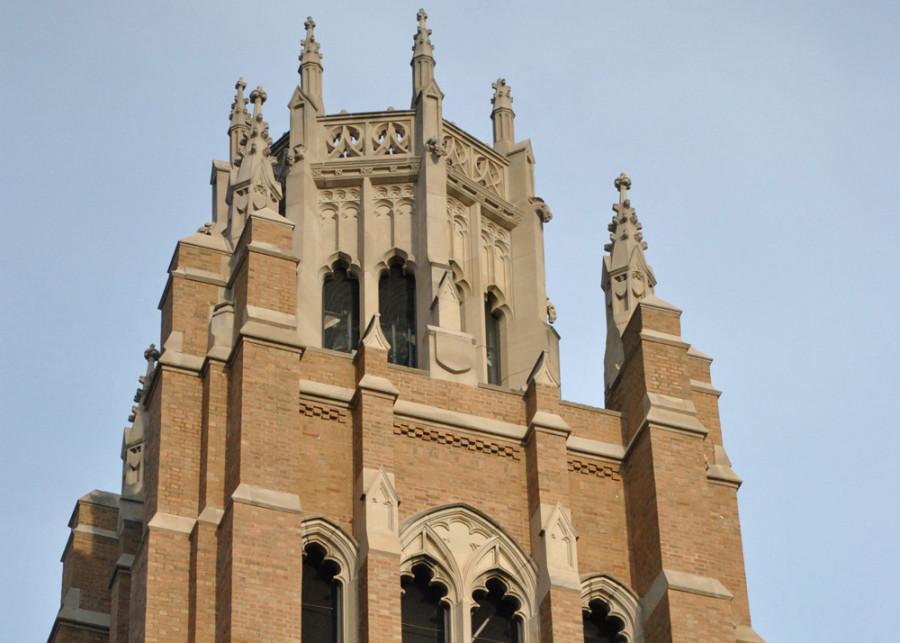
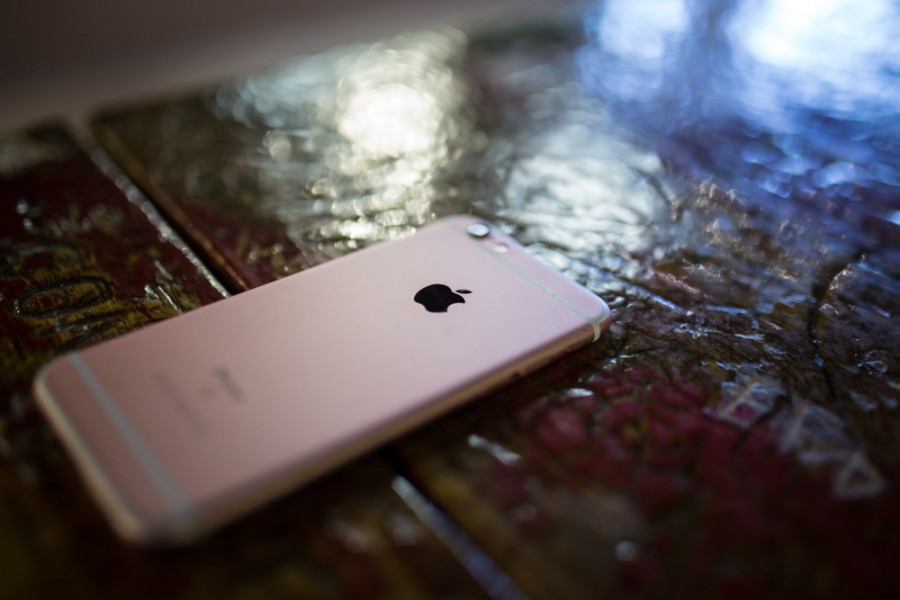
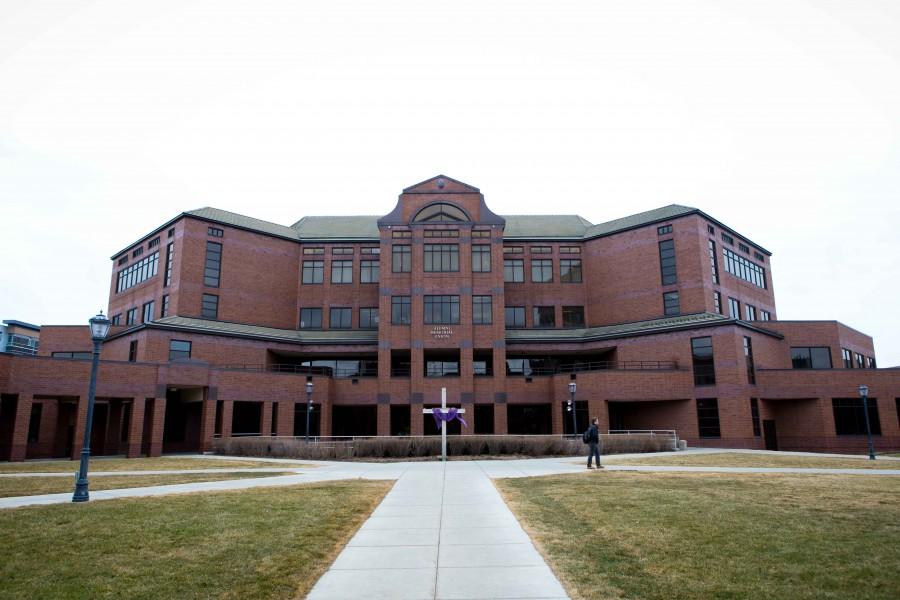
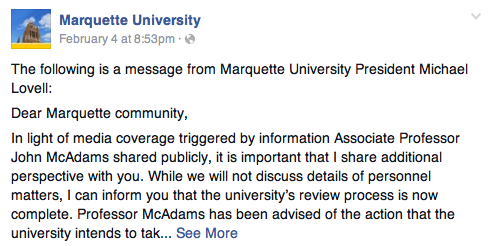
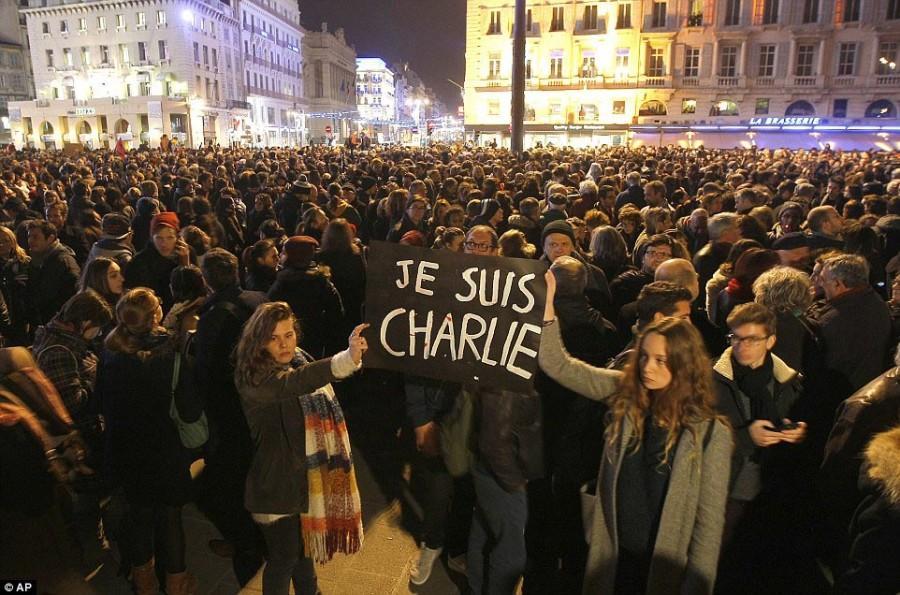
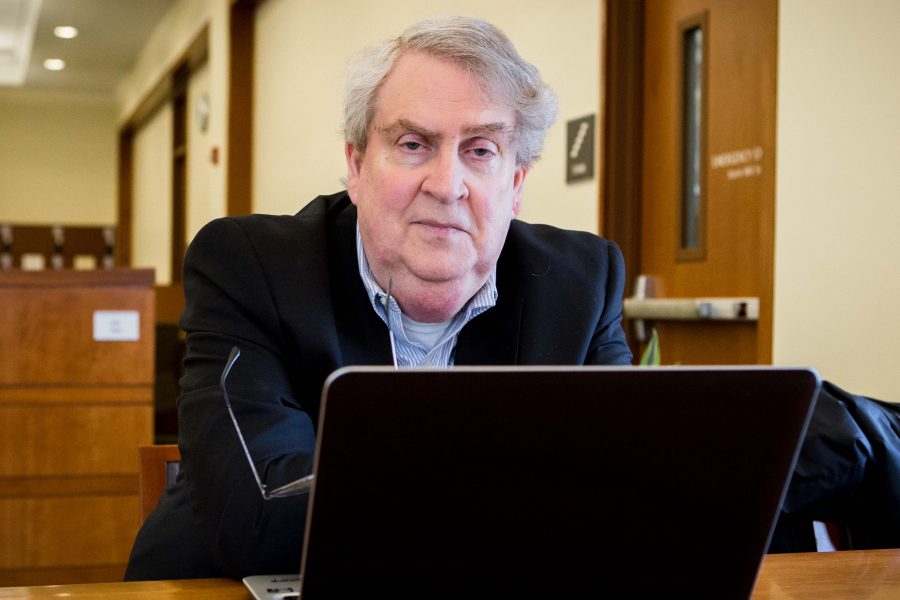
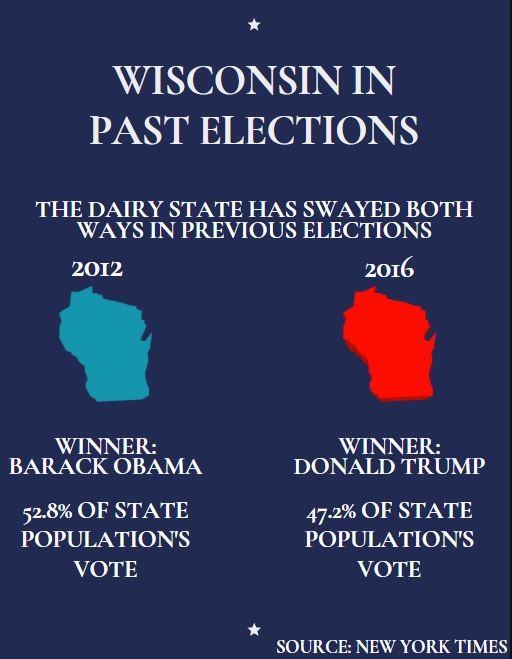


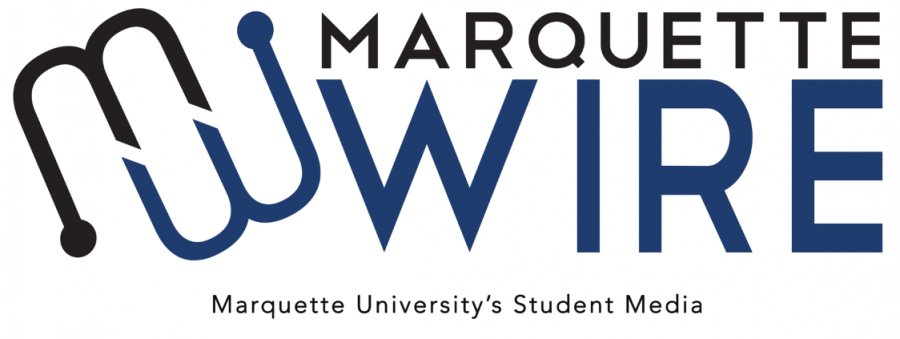
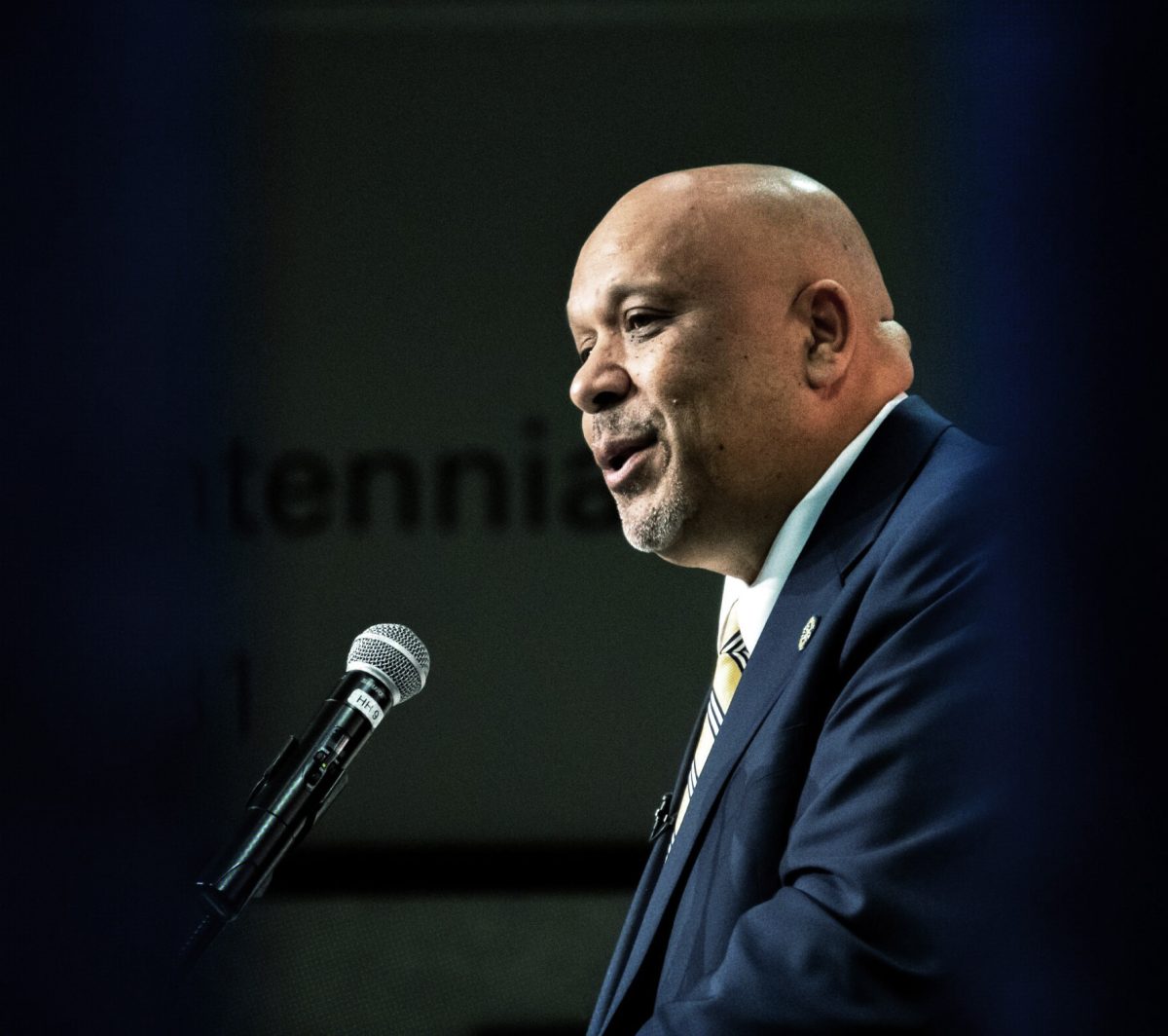

Paul Quirk • Mar 31, 2016 at 2:40 pm
I congratulate the editors on the severe, fully warranted criticism of the University’s conduct. But the editorial misses the essential point: the Faculty Review Committee, contrary to the University’s hope, rejected dismissal as an appropriate punishment. It recognized that McAdams had a right to blog critically about Ms. Abbate. The University is attempting to override that recommendation, bringing dismissal back in through McAdams’ predictable refusal to apologize.
As a matter of the University’s contractual obligations to respect McAdam’s academic freedom, the committee’s judgment on this point is not a close call. And it is disappointing that the editors fail to recognize this fact. They call McAdams’ language “cruel” and “harsh,” without quoting any of it. In fact, he accused Abbate of using what he called a standard liberal tactic of shutting down debate. That’s as harsh as it got. He said nothing remotely unusual for journalistic or internet debate on a controversial academic-political issue. But leaving aside what he actually said, do the editors really want a university where debate is never “harsh,” and where an administrator’s or a committee’s finding of “harshness” in debate will result in punishment, even dismissal?
The result of the University’s decision will be another year or two of deservedly bad publicity as a lawsuit proceeds, followed by McAdams’ reinstatement with back pay, and I suspect, punitive damages. The University’s weakness has been in failing to recognize, and explain to McAdams’ critics, its obligation to protect academic freedom.
Paul Quirk MU A&S 1971
Professor of Political Science
Univerity of British Columbia